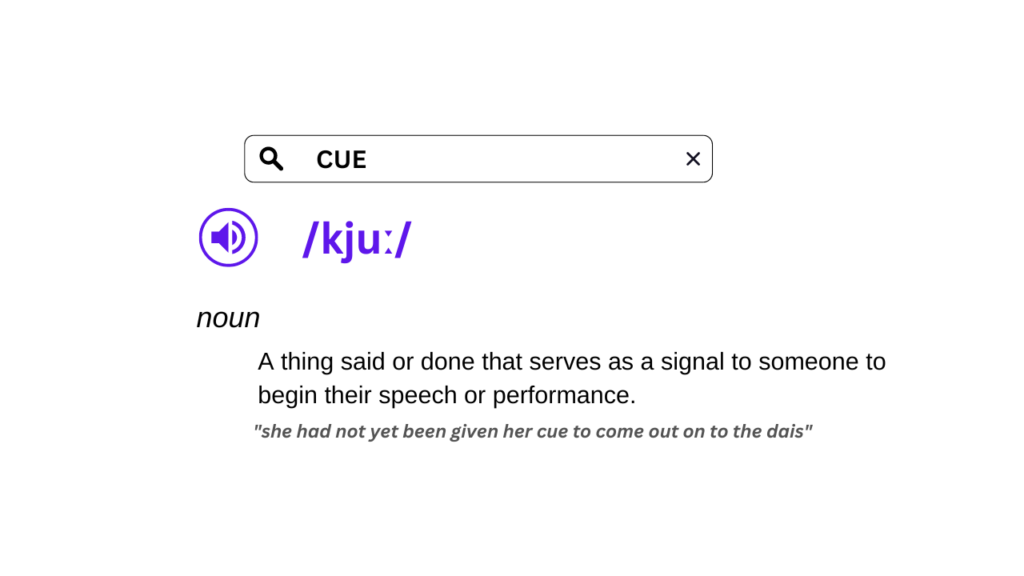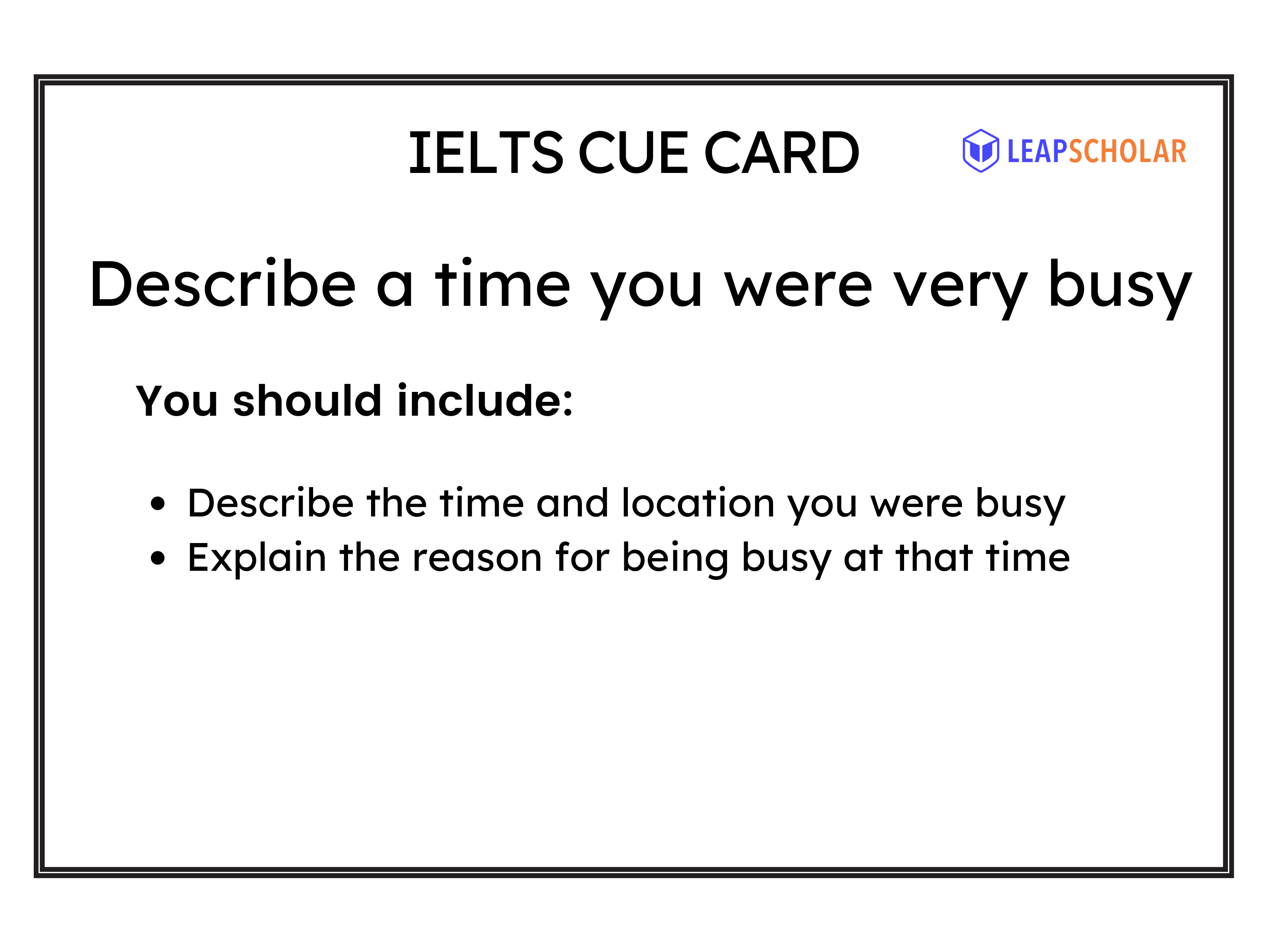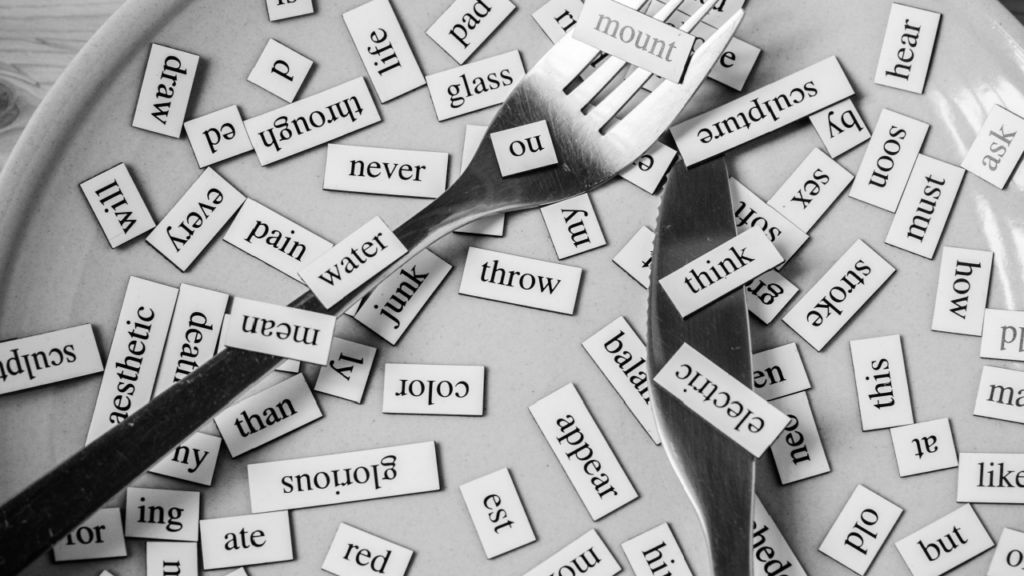“Describe a time you were very busy” is a popular cue card topic asked in the speaking section, part 2. You can describe the incident when you were busy and share your series of events in the incident.
The IELTS Test is trusted by 12,000 organisations globally. The test is divided into four parts-
The IELTS speaking part 2 is usually the Individual long run section. In this section, the examiner will give you a topic to talk about by providing a Cue Card.
| Duration of the Part 2 | 3-4 minutes |
| Speaking Time | 2-3 minutes |
| Preparation Time | 1 minute |
In this cue card section, you can describe the time you were very busy and how you achieved your goal in that time frame.

This blog will discuss the IELTS cue card “Describe the time you were busy”. And will understand how to answer your Cue Card section in original, impressive and effective ways.
How to Answer the Cue Card: Describe a Time You Were Very Busy
Once you are assigned the topic and your preparation time starts- you should start preparing your answer.
To answer the question, you must start with the introduction, give details about the topic, and provide concluding remarks to conclude your topic. For the same, you can address all the aspects (usually 3-4) related to the topic, such as:
Overview
- Mention the general information of why you think people are busy.
Describe the time and location you were busy
- State an overview of the situation and the location of your busy place.
Explain the reason for being busy at that time
- Mention the objectives of being busy in that situation.
Conclusion
- Summarise the points you have made in all the above aspects of the topic.
Describe a Period When You Were Very Busy Cue Card

Describe a Time You Were Very Busy: Sample Answer 1
Overview
It had become so hectic to complete my tasks for the day that managing my time had been a challenge, and I was mostly busy with my work.
Describe the time and location you were busy
A couple of years ago, my basketball league and final exam dates clashed in standard 10th. I was an enthusiastic player and an average student in the class, so I couldn’t compromise on any of them.
Explain the reason for being busy at that time
My dates for final exams and basketball league were approaching, so I was busy then. For one weekday, I used to go to my team practices, and at night, I used to study for my exams.
Conclusion
It was a busy week during my final exams and basketball league. I had first given up on managing both things, but I could work both with my friends and family’s support. Initially, I was struggling to manage my time, but after one or two days, I got into the routine and could abide by it.
Describe a Time You Were Very Busy: Sample Answer 2
Overview
Managing time is a skill that everyone should acquire, as even I sometimes get too busy and I am unable to manage time.
Describe the time and location you were busy
A few months ago, one of my close family members was hospitalized due to a mishappening. And at the same time, I had a tight target to achieve at the office, which couldn’t be compromised.
Explain the reason for being busy at that time
I was very busy during that month as I had to divide my day into two halves. My first half of the day was occupied in the office by completing the task, and the other half went to visiting a family member in the hospital.
Conclusion
That particular month was very hectic and tiring, but I strived well in the situation and was able to manage both my personal and professional life. I learned how to tackle both places without compromising on the work.I usually am not busy and I tend to maintain my daily routine but during that month it was a little difficult to keep up with other tasks as my priorities were different for that month.

Excel in IELTS with India’s Top Online Coaching
Leap has helped more than 1 Lakh students achieve 7+ IELTS band.
IELTS Speaking Part 3: Discussion
After completing the speaking part 2 test, the examiner might ask follow-up questions related to the cue card topic in speaking part 3 or the discussion round.
We have curated some follow-up questions with answers for your better understanding.
Q. Are you often busy?
Answer. Yes, I am often busy as I have a tight routine. I wake up at 4 in the morning for some exercise,cleaning and preparing food for myself. After freshening up I tend to leave for office and come back late evening. Then i finally prepare my food, take some time out to read on news and then go back to sleep.
Q. What do you think is a advantage and disadvantage of being busy?
Answer. I think being busy has both positives and negatives reasons. It is a advantage because you get to stay productive and you can stay away from negative thoughts. And disadvantage for being busy is that you dont get time to spend time with your friends, family and even with yourself.
Q. How do you manage your time?
Answer. I manage my time on the daily basis by following a time table. I have prepared my time table according to my class timings, coachings and other extra curricular activities. At first I complete the task which is urgent or is important and then I work on the next task.
Q. what is the most difficult work that you have completed while you were busy?
Answer. The most difficult task that I have completed while I was busy was completing my research on the final year project. My research paper submission date and my brothers wedding day was clashing so,I had to manage my work and the responsibilities to contribute to the wedding. In that course of time whenever I use to get time after completing my work at home I used to work on my research paper.
Q. How do you prioritise when you have a lot of work to do?
Answer. I prioritise work according to the urgency and importance. I first try to finish the work based on the urgency which is crucial and then move to the next task. One way to priortise work can be based on the deadlines. For example, if you have your maths project deadline on 3rd january and english project deadline on 7th january. You should first complete 3rd january project and then complete the 7th january assigned project.
To Sum Up
The IELTS speaking test is a relatively of small duration than other IELTS test parts. However, the weightage of the score band is equally divided among all the test sections that is writing, reading, listening and speaking.
To ace the cue card section, you should practice similar topics everyday to understand the section better.
Contact Leap Scholar today to learn more and get in-depth guidance in your IELTS test preparation!
Here are some similar Cue Card topics to practice:
- IELTS CUE CARD: Describe a person who you believe dresses well
- IELTS CUE CARD: Describe an invention changed the peoples life
- IELTS CUE CARD: Describe a cafe you like to visit
- IELTS CUE CARD: Describe a Time When You Observed the Stars
- IELTS CUE CARD: Describe a long car journey you went on
Frequently Asked Questions
-
Q. What is the duration of IELTS speaking part 2?
A. The duration of the IELTS speaking part 2 or cue card section is as follows:
The section is for 3-4 minutes. And the whole section is further divided into two parts
1. Preparation time: 1 minute
2. Speaking time: 2-3 minutes. -
Q. What are the other commonly asked cue card topics?
A. The other commonly asked cue card topics are:
1. Describe A Cafe You Like To Visit IELTS Cue Card
2. Describe a long car journey you went on cue card
3. Describe a person who you believe dresses well
4. Describe an invention changed the people’s life IELTS cue card
5. Describe a person who impressed you in primary school cue card. -
Q. How to answer the cue card topic “Describe a time you were very busy”?
A. You can the answer the cue card topic describe a time you were very busy in the following ways:
1. While structuring your answer, bifurcate the topic into sub topics to answer all the aspects of the question.
2. While framing the answers write the keywords and phrases that comes to your mind on the paper.
3. Speak confidently in front of the examiner to reflect your language proficiency skills. -
Q. Are speaking test for Academic and General the same?
A. There is no difference between the academic and general speaking test. The duration of the speaking test is of 11-14 mins in total. The speaking test is usually based on one-to-one interview with the examiner.
-
Q. What is the duration of the speaking test?
A. The total duration of the speaking test is 11 to 14 mins. The speaking test is divided into three parts.
– Part 1: the introduction round (4-5 minutes)
– Part 2: the cue card section (3-4 minutes)
– Part 3: the discussion round (4-5 minutes). -
Q. How to frame your answer in 1 minute?
A. You can frame your answer during the preparation time of 1 minute. You should divide your topic in sub parts and try to frame your answer accordingly.
-
Q. What is the marking scheme for IELTS speaking test?
A. The marking scheme for IELTS speaking test is based on the following criteria’s:
1. Fluency on the language
2. Grammar accuracy
3. Punctuation. -
Q. How to find resources for practising cue-card topics?
A. The various resources that are available for practising cue-card topics are:
1. Online Platform
2. Books
3. IELTS prep by leap scholar website. -
Q. What is the fees of the IELTS test?
A. The fees of the IELTS test is 16,250 INR. The computer test fee for IELTS test is revised to 16,500 INR. Please note that the fees of the test is subject to change and you should keep checking the official website for further information.
-
Q. Can I exceed the time limit during the speaking test?
A. You cannot exceed the time limit during the speaking test. If your answer is too long the examiner can stop you from answering and move on to the next question. It is the natural process of the exam and your marks won’t be deducted.
-
Q. Can I disagree to examiners opinion?
A. A. Yes, you can disagree to the examiner’s opinion. You should know that your opinions are not considered in the evaluation. The examiner evaluates on the factors such as:
1. Fluency
2. Pronounciation
3. Accuracy of grammar.
















Have Questions? Get Guidance to reach your Dream University
Connect with India's finest counsellors and biggest study abroad community.
Get Guidance